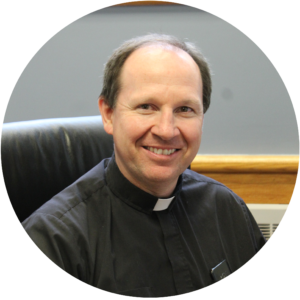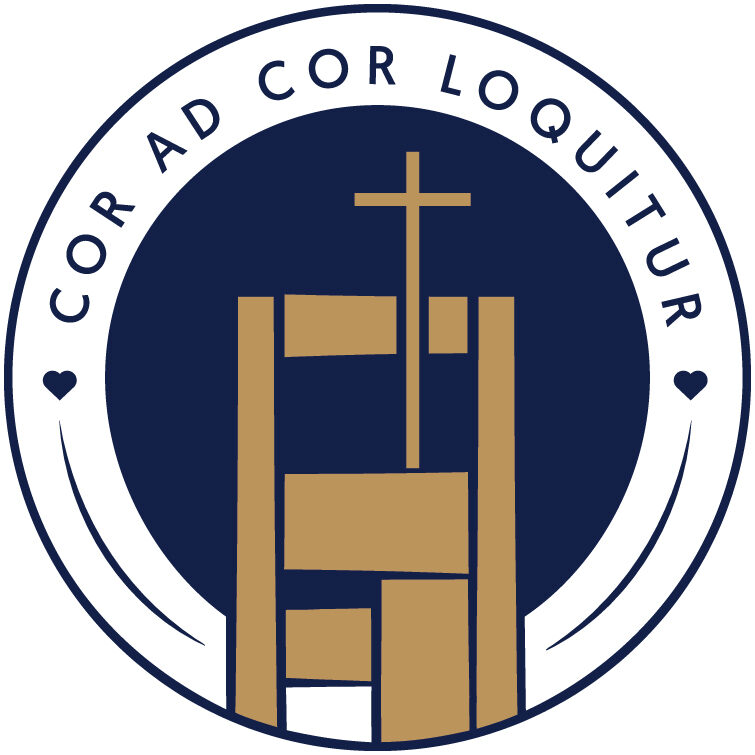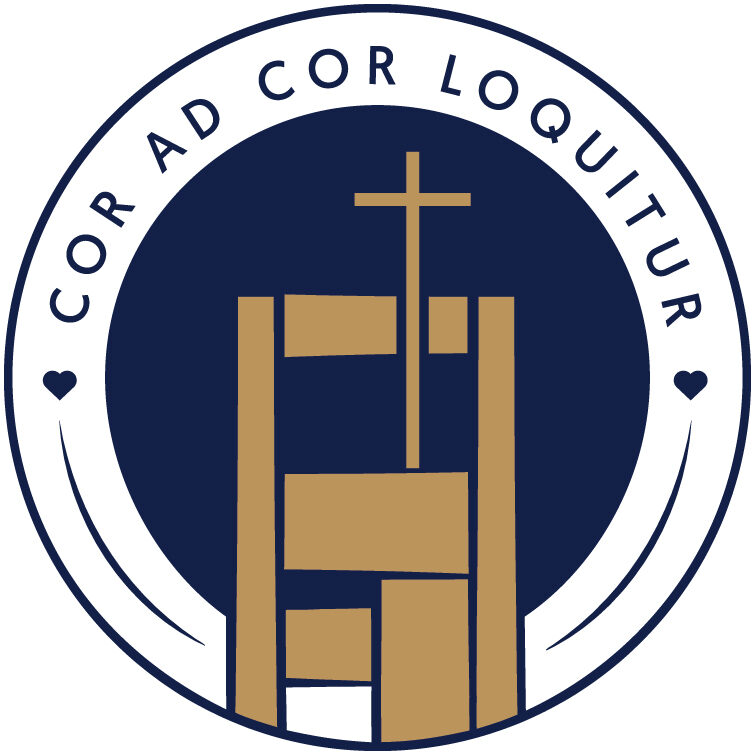 By Fr. Dan
By Fr. Dan
St. Thomas More, pray for us! St. Thomas More Newman Center, here we come! I’m delighted to get started in my time with you as your Pastor! And I’m delighted to work with Fr. Paul Clark as the new Associate. Please be patient with both of us as we throw ourselves into life here at Newman, getting to know you and sharing some of ourselves with you. One thing you’ll learn about me is that I love the Word of God — both THE Word of God, the person, Jesus Christ, and the scriptural word of God that inspires and norms our Christian lives.
The scripture readings for the 14th Sunday of Ordinary Time (“Ordinary” in the sense of ordering our lives) have a couple of beautiful lessons I want to share with you as we begin our time together. The responsorial Psalm (Ps. 145) proclaims, “The LORD is gracious and merciful, slow to anger and of great kindness. The LORD is good to all and compassionate toward all his works.” Have you ever wondered how God can be SO patient, gracious, kind, compassionate … toward everyone? Doesn’t He get mad or exasperated once in a while? The scripture does talk about the “wrath” of God, but that really refers to the justice of God, not that He’s angry. Remember, God IS love. I think the reason He can be so patient, slow to anger, etc., is precisely because He is Almighty. In the creed, we pray I believe in God the Father, Almighty. He has nothing to fear from us or anyone or anything. And when we see His total Might from the perspective of His nature AS Love … well, we get the God of the Psalmist, and the God of Jesus Christ.
The second thing to share is a perspective on faith and science that’s inspired from Sunday’s second reading from Romans. I’ve recently done some reading on physics and superstring theory — quite a bit out of my league I must admit, but interesting, nonetheless. The particular author I read made a passing attempt at keeping an open mind to God, but it was obvious he was more comfortable as a thorough going materialist: his only creed was the laws of physics, and his only reality was the natural world. Superstring theory is making waves as a theory to explain much, if not most of the physical phenomena in our world, but the author’s vision of it had to make plenty of assumptions in order to keep God superfluous. And he would have no idea how to handle St. Paul’s letter to the Romans: “You are not in the flesh; on the contrary, you are in the spirit, if only the Spirit of God dwells in you. Whoever does not have the Spirit of Christ does not belong to him. If the Spirit of the one who raised Jesus from the dead dwells in you, the one who raised Christ from the dead will give life to your mortal bodies also, through his Spirit that dwells in you.”
In three verses, St. Paul mentions Spirit six times. I’m sure St. Paul would not be opposed to the physical sciences or even superstring theory — our spiritual religion is rooted in the Word made flesh. But St. Paul would gently remind all of us that the flesh of the Word has been spiritualized! In the resurrection, the flesh of Jesus was transformed by a new power, currently under the radar of many physical scientists: the power of the Holy Spirit. Sadly, many of us live only half lives. We live in the flesh, neglecting the other part of our human nature that is spirit. But there is part of our flesh that yearns for the guidance and transformation of the spirit.
As your Pastor, I want to lead, push, and pull us to live the fullness of our human nature, body and spirit. And I will strive to the best of my ability to be a doctor of the spirit, raising our spiritual awareness so that we can walk together in the Spirit! Pray for me and be assured of my prayer for you. Holy Spirit, come!

